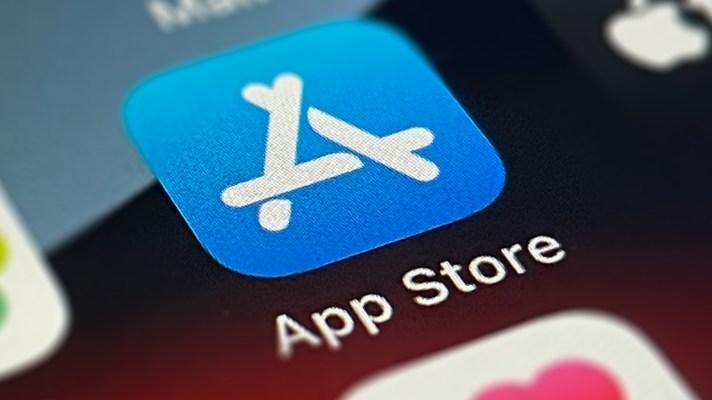The Biden administration is calling out Apple’s and Google’s app stores for stifling competition. A new report, issued on Wednesday by the Commerce Department’s National Telecommunications and Information Administration (NTIA), said it had investigated the competitive conditions in the mobile app ecosystem and found that it’s “not a level playing field, which is harmful to developers and consumers.” The report also made several policy suggestions that could improve the ecosystem and open up competition.
The investigation had been initiated as part of a 2021 Executive Order on competition and involved consultations with various industry stakeholders in the private industry, civil society, and academia, NTIA said. It also included a review of over 150 comments filed in response to a request for public comment last April.
The report summarizes what industry watchers already know: that the innovations made possible by mobile phones and downloadable apps have begun to be overshadowed by the barriers to entry to the market facing developers, the excessive and restrictive rules, the overcomplicated app review process, and the sizable commissions that developers are forced to pay for access to consumers’ devices.
“Our review suggests that the mobile app store model has provided a range of benefits to both app developers and users, but has also created conditions of competition that are suboptimal,” the report states. “The policies that Apple and Google have in place in their own mobile app stores have created unnecessary barriers and costs for app developers, ranging from fees for access to functional restrictions that favor some apps over others. These obstacles impose costs on firms and organizations offering new technology: apps lack features, development and roll-out costs are higher, customer relations are damaged, and many apps fail to reach a large number of users.”
Both Apple and Google took issue with the report’s findings. (The AP printed their comments here.) Largely, Apple’s position was the same as always — that its rules are focused on providing consumer safety and security. Google, meanwhile, points out it offers more competition and choice. (Android, for instance, already allows sideloading.)
In addition to summarizing the state of the market, the new report makes a variety of recommendations as to how various areas can be improved to boost competition. The report suggests, for example, there should be a more transparent app review process; limits on pre-installed apps and self-preferencing; bans on rules that restrict other means of installing apps, like sideloading; support for third-party payments; support for links to developers’ websites from apps; and more.
It also said tech giants should be restricted from using confidential business data acquired from third-party developers to help launch their own competing apps — a practice so common at Apple, it’s even been dubbed “sherlocking” after a famous example.
The recommendations, however, are just that — ideas, not policy. The report only helps to solidify and clarify the Biden administration’s position on app store competition. As the report points out, “Congress should enact laws” and “relevant agencies should consider measures” to limit anticompetitive conduct. It also suggests there are areas that warrant further study, like “choice screens” (which some argue only offer the perception of choice), and whether or not laws should ban preinstallation of apps or other agreements between Apple and Google and device manufacturers and carriers.
In other words, any real action is still in the hands of regulators and lawmakers, as it was in the months before the report’s release.
The Biden administration, so far, has seen mixed success in actually holding tech giants accountable. On the one hand, the Department of Justice is now suing Google over its digital ad monopoly, while on the other, Meta is winning against the FTC to move forward with its latest acquisition. The DoJ has yet to sue Apple, though it has been building a case and weighing in on Epic Games’ antitrust lawsuit. In the meantime, record lobbying spending from tech giants, including Apple and Google, has helped to block bipartisan bills that would curb anticompetitive behavior from advancing in Congress.
President Biden, of course, already made his position on Big Tech abuses known, in an op-ed published in The Wall Street Journal earlier this month. With regard to competition, he stated there was still more that needed to be done.
“When tech platforms get big enough, many find ways to promote their own products while excluding or disadvantaging competitors — or charge competitors a fortune to sell on their platform,” he wrote. “My vision for our economy is one in which everyone — small and midsized businesses, mom-and-pop shops, entrepreneurs — can compete on a level playing field with the biggest companies.”
